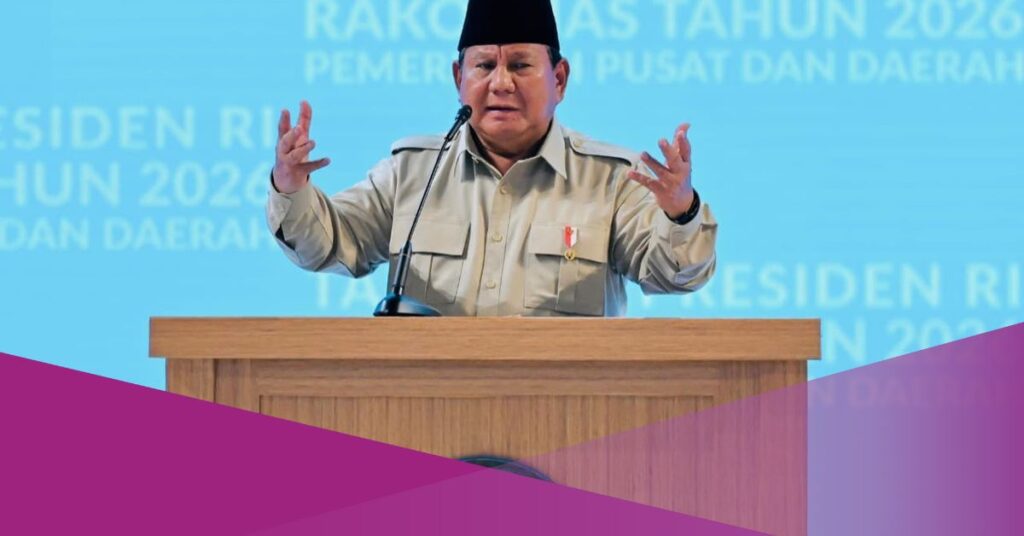The family of Australian citizen Byron James Dumschat, also known as Byron Haddow (23), has expressed deep concern following the repatriation of his body from Bali without a heart.
The irregularity was discovered after his remains arrived in Queensland, almost four weeks after his death.
Ni Luh Arie Ratna Sukasari, the family’s legal representative from Malekat Hukum Law Firm, stated that the absence of the organ was only identified prior to his funeral. Byron had been found dead in the swimming pool of a private villa in Badung, Bali, on 26 May 2025.
“Our client just learned that her son’s heart organ is still in Indonesia without any request for approval for the heart’s retention by the relevant parties,” Ratna said during a press conference in Badung on 24 September, as quoted by Antara.
She added that amidst the uncertainty surrounding the cause of death and the retention of the organ, Prof. Dr. I.G.N.G Ngoerah Central General Hospital (RSUP) in Denpasar arranged for the heart to be sent back separately.
According to Ratna, the family was asked to pay an additional AUD 700 for the organ repatriation process. The heart was eventually returned to the family on 11 August 2025, more than two months after Byron’s death.
His parents, Robert and Chantal Haddow, said in a statement, “Byron’s body was only repatriated almost four weeks after his death. However, two days before the funeral, we were informed by the Queensland Coroner that his heart had been removed and left in Bali, without our knowledge, without our consent, without any legal or moral justification. This is inhumane. This is absolutely devastating.”
Hospital’s Response
In response, Prof. dr. I.G.N.G. Ngoerah Central General Hospital explained that the autopsy had been conducted at the request of the North Kuta Police on June 4, 2025, as part of a medico-legal investigation.
The Director of Medical and Nursing, Dr. I Made Darmajaya, emphasised that the procedure followed established forensic standards.
“Technically, the autopsy was conducted in accordance with SOP, and it is standard procedure to remove intact organs and/or samples of organs, tissues, and bodily fluids for supporting examinations, including microscopic tissue examination, anatomical pathology, and toxicology analysis, if indicated,” he said in a written statement received by CNNIndonesia.com.
Dr. Darmajaya explained that in certain cases, the heart must be removed intact to identify abnormalities. He added, “Fixing intact tissue obviously takes much longer than organ samples. This process then continues until the organ or organ sample can be viewed under a microscope and analysed. Admittedly, this process takes a considerable amount of time, approximately one month.”
He further stated that once examinations were complete, the heart was returned separately to the family in Australia. “The circulating rumours of organ theft are false and did not occur during the autopsy of Byron James Dumschat,” he said.
Clarification from Forensic Doctors
At a subsequent press conference, Dr. Darmajaya reiterated that the repatriation of the body and organ took place in two stages. “So, because this is a lengthy examination process, our body was sent first. After a complete heart examination, it was sent later,” he said, as reported by Kompas.com.
Dr. Kunthi Yulianti, Head of the Forensic Unit at the hospital, also noted that the matter had already been communicated to the family through the Australian Consulate in July 2025.
According to her, Dr. Nola Margareth Gunawan, who carried out the autopsy, had explained the necessity of the heart’s removal.
“Actually, this case, for the family and the consulate, was already resolved in July, and the organs were returned. The family had communicated with Dr. Nola, and there were no issues. So why is it all so much news now? I also want to ask,” she said.
The hospital reiterated that the procedure was consistent with international forensic practice and denied any wrongdoing.
However, the case has raised questions about communication, transparency, and the sensitivity of handling repatriations involving foreign nationals.
































